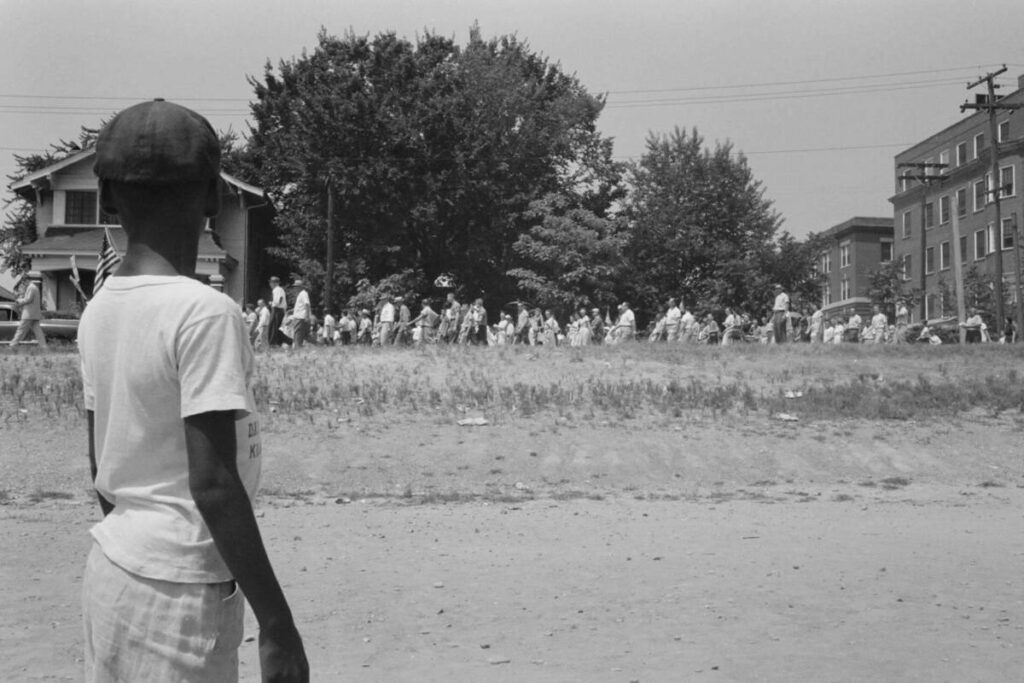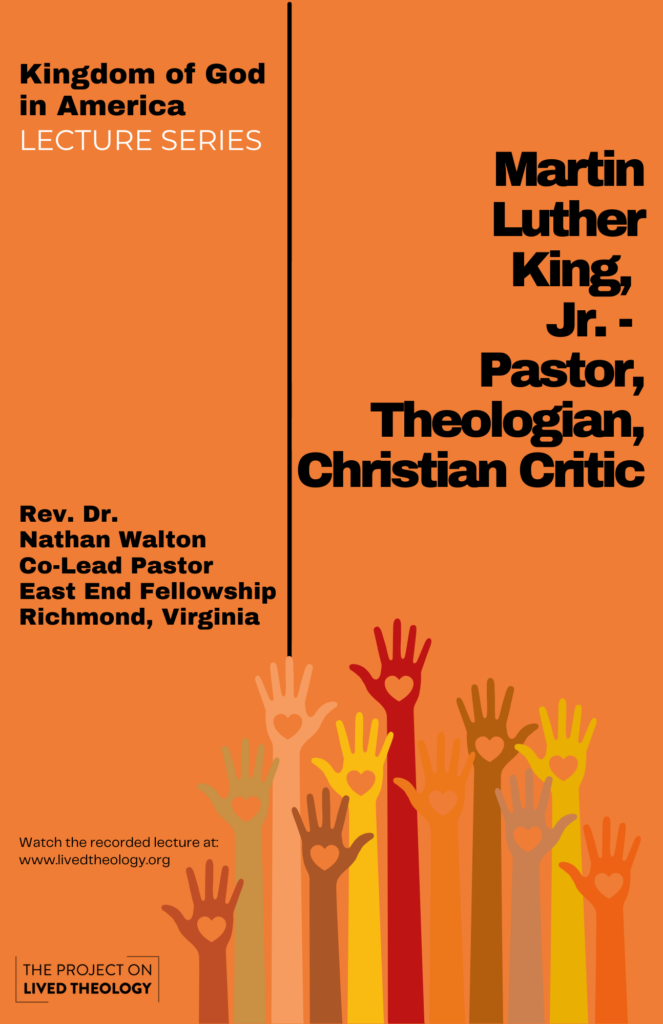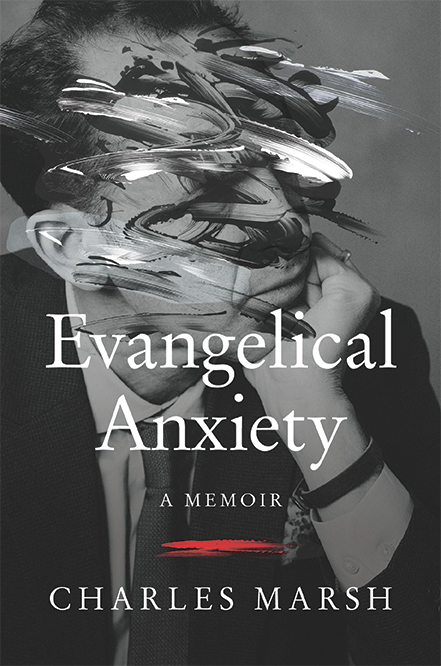
As a research fellow for the Project on Lived Theology, Heather Warren explored the Atlanta-based Protestant Hour radio show, which began as one station in 1945 but boasted 600 participating stations by 1963, and sounded a liberal theology that promoted the liberalization of Protestantism throughout its largely southern listening area. Her research culminated in the publication of an article by Cambridge University Press titled “Turn Your Radio On: Liberal Theology in a Southern Register, 1953-1963.”
In the mid-twentieth century, a contest played out between evangelicals and mainline Protestant denominations over which organizations would have access to the radio airwaves and whose message, including whose theology, would receive the widest hearing. While networks favored the mainline denominations, a host of independent evangelical stations and the National Association of Evangelicals’ broadcast arm countered the impression that network religion represented American religion more generally. Preachers who frequently appeared on the show—Methodist Robert E. Goodrich, Jr., Presbyterian John A. Redhead, and Lutheran Edmund Steimle—presented this liberalism and echoed such evangelical elements as a heightened Christocentricity, repeated reference to the Bible, and personal appeal. Despite the later decline of mainline Protestantism, a type of evangelical liberalism in the 1950s and early 1960s attracted numerous radio listeners in the south contrary to the stereotype of southerners as fundamentalists who embraced a conservative theology.
Excerpt: “The theology offered in the Protestant Hour sermons was not so much the theologies that gained traction in the academy, but liberalism with evangelically associated elements that caught middlebrow attention at a time when Americans swelled congregations. That white, southern, mainline Protestantism grew in the context of the 1950s has gained little notice, being overshadowed because of its resistance to racial engagement or marked by some exceptions to the segregationist position. Closer attention to Protestant Hour preachers and their sermons, however, helps us to understand the kind of liberal theology that they communicated and that was apparently well received as indicated by the communications received from Protestant Hour listeners, the growth in number of stations broadcasting the program, and the growth in churches themselves.”
Warren has also authored an essay on Father John A. Ryan for the PLT book Can I Get a Witness? (2019). She also serves as an associate professor in the Department of Religious Studies at the University of Virginia, where she specializes in the history of American religious life and thought from the late-nineteenth century to the present. Her research has also carried her into the field of American religious autobiography.
The Project on Lived Theology at the University of Virginia is a research initiative, whose mission is to study the social consequences of theological ideas for the sake of a more just and compassionate world.









